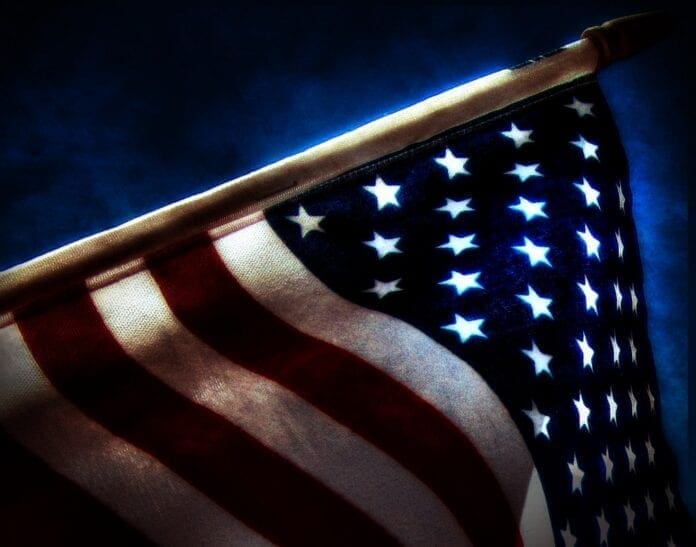Every moment of a deployment is remembered, but most veterans do not wish to talk about it unless other military folks are around.
That’s because no one else can understand the perspective unless they served in something of a similar theatre of combat. Whether it’s a veteran of World War II, Korea, Vietnam, or the wars in the Middle East since the early 1990s, there are those visions and echoes inside their heads of the worst possible environments any human being would wish to experience.
It’s where they lost comrades and battle buddies while they were away from their friends and families. No matter how hard they tried to bring a tiny bit of America with them, those foreign cultures were absolutely nothing like Main Street, USA. While communication has improved from conflict to conflict, there always has been that sense of removal from what life was about before that first day of boot camp let alone that initial step into a war.
They close their eyes and they see it and they hear it, and that is when they feel it all over again. Most often it is a trip down memory lane taken alone because veterans wish to save others from the horrors. If they do open up it concerns some of the good times during R&R, receiving letters from family, or figuring out how to decorate for Christmas while deployed in the jungles, the mud, or the sand.
That’s what makes thanking a veteran for their service tricky because when they hear it, although gracious, they know you have no idea what we’re thanking them for because it’s impossible for us to actually know. Most of us have seen movies involving combat filled with gunfire and explosions and death, but even the best cinema sound system can not provide the same real-life vibrations.
Vote. Speak your peace. Practice your faith. Insist your rights under the United States Constitution protect you when you must, and attend ceremonies honoring these men and women when such events can be staged again. That is how to properly thank an American veteran.


